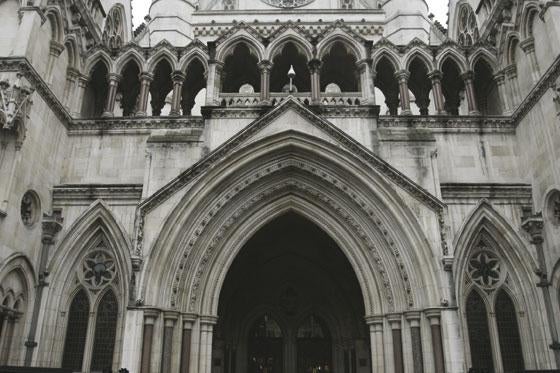
A major Ministry of Justice study has found that jurors often look at internet reports of cases they are sitting on but that pre-trial media coverage does not prejudice juries.
Spurred by concerns about the effect of media coverage on juries during trials the study sought to establish “jurors’ recollections” of case reporting and their use of the internet to seek out information.
Despite finding that some jurors went against judge’s directions not to look for trial information by seeking reports online, the study suggested that media coverage prior to a trial did not greatly prejudice jurors’ views.
The study found that 12 per cent of jurors sitting on high profile cases admitted looking for reports online during trials, as did five per cent of respondents that had sat on standard cases.
Of the respondents that had sat in high profile cases, those lasting two weeks or more with substantial pre-trial and in-trial media coverage, some 26 per cent said they had seen some form of online report.
In standard cases, those lasting less than two weeks with little media coverage, 13 per cent said they had come across reports online during a trial.
The study, which was conducted by Professor Cheryl Thomas of University College London, found that the legal presumption of a “fade-factor” – a belief that the further away media reports are from a trial the less likely they are to risk prejudicing events – was apparent in the findings from jurors.
Most of those surveyed recalled media coverage during the trial but not from before they were called to serve.
In standard cases, 64 per cent of respondents recalled media coverage during the trial but just 17 per cent recalled coverage beforehand.
In more high-profile cases, 92 per cent of jurors recalled coverage during the trial but just four per cent could recall pre-trial news stories.
The report said: “In almost all of the high profile cases there was at least as much pre-trial media coverage as in-trial coverage of the case.
“So jurors were not simply aware of more media coverage during trial because there was more. This provides the first empirical evidence in this country that the ‘fade factor’ is a legitimate presumption in jury trials.”
Jurors in high profile cases recalled coverage across a range of outlets with 66 per cent seeing or hearing a TV report, 53 per cent in national newspapers, 30 per cent in local papers, 26 per cent online and 16 per cent on radio.
The recall of reports from jurors in standard cases was dominated by local papers, with 77 per cent recalling coverage in these titles. The next highest medium was the internet with 13 per cent.
However, the study found that most jurors (53 per cent in standard cases and 45 per cent in high profile cases) could not recall media coverage having any particular emphasis.
Jurors serving on longer, more high-profile cases, were more than seven times more likely to recall coverage of the case than those serving on standard cases, the study found.
In high profile cases, 20 per cent of those who recalled media reports said they found it hard to put the reports out of their minds during the trial. However, only 43 per cent of these could recall any particular emphasis in the reports.
The study, which sought to take an “initial look at jurors and media coverage of cases”, was part of a wider report looking at jury trials that found that juries worked fairly and efficiently but need greater help to fulfill their roles correctly.
It surveyed 668 jurors who had served on standard and high-profile cases at courts in London, Nottingham and Winchester about the impact of the media.
It concluded that despite its findings “in reality most cases tried by most juries will not have any substantial media coverage.”
Email pged@pressgazette.co.uk to point out mistakes, provide story tips or send in a letter for publication on our "Letters Page" blog
